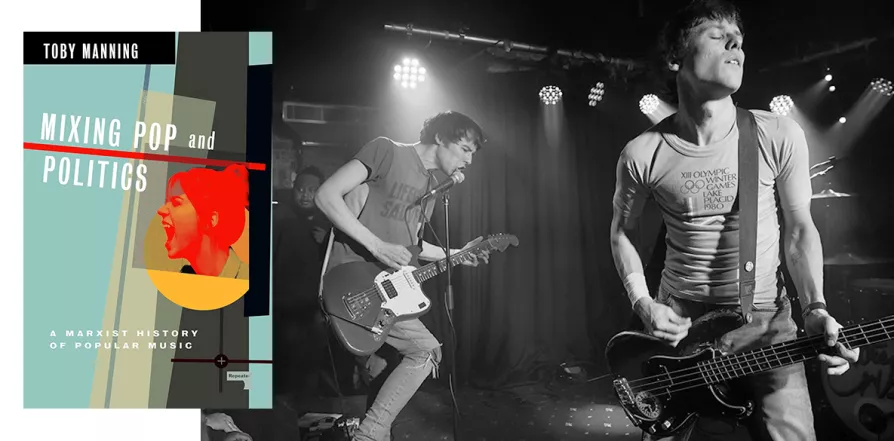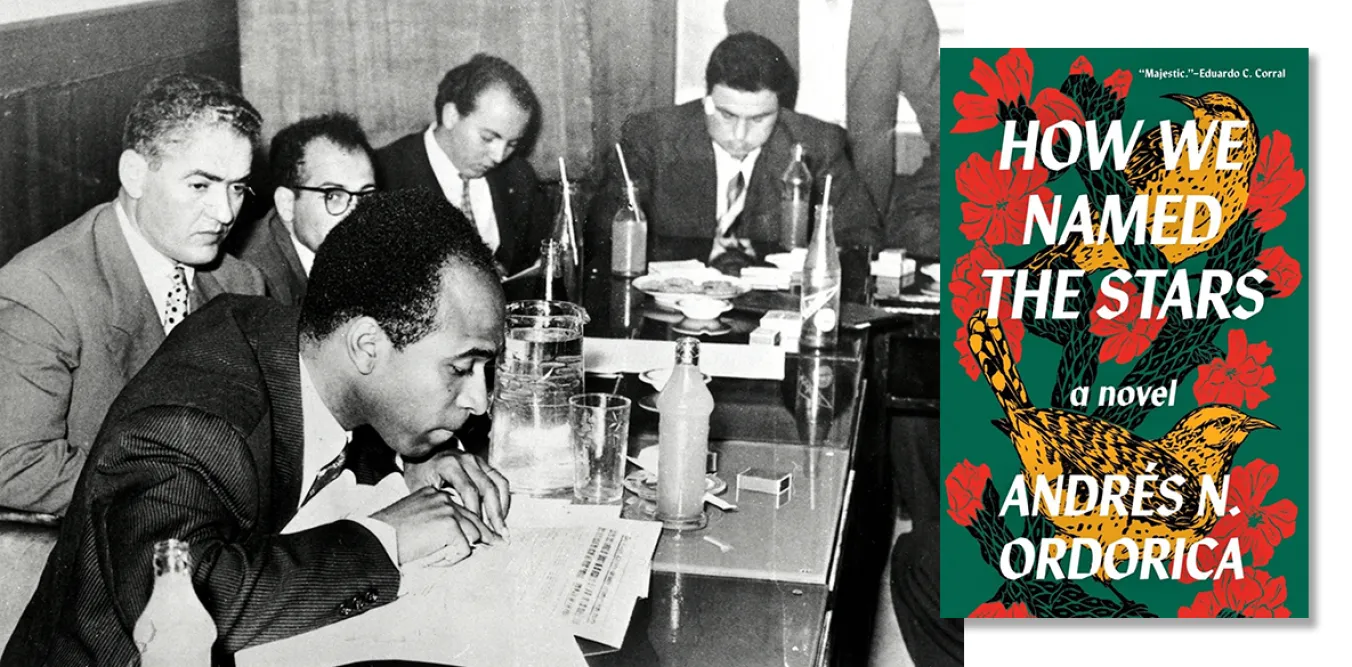
Mixing Pop and Politics
Toby Manning, Repeater Books, £25
THIS is a refreshing and inspiring book written by a music industry insider, author of The Rough Guide to Pink Floyd (2006) who has written for Q, NME, New Statesman, Guardian and similar media, and is now manager and producer of a band called The Idle Lovers.
He says of it himself: “This is a Marxist history of popular music, not a history of Marxist popular music — that would be a very short book.” Indeed.
In fact it is a fascinating but very large book, 565 crammed pages, a hundred of which comprise the index and notes and thus a treasure trove waiting for aspiring Phd/masters students to plunder for quotes, insights and critiques, mostly from the Stuart Hall stable of cultural studies intellectuals — Marx, Gramsci, Marcuse, Althusser, Foucault, Raymond Williams and the more recent Frederic Jameson etc.
















